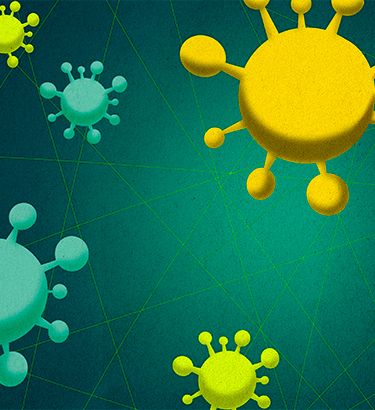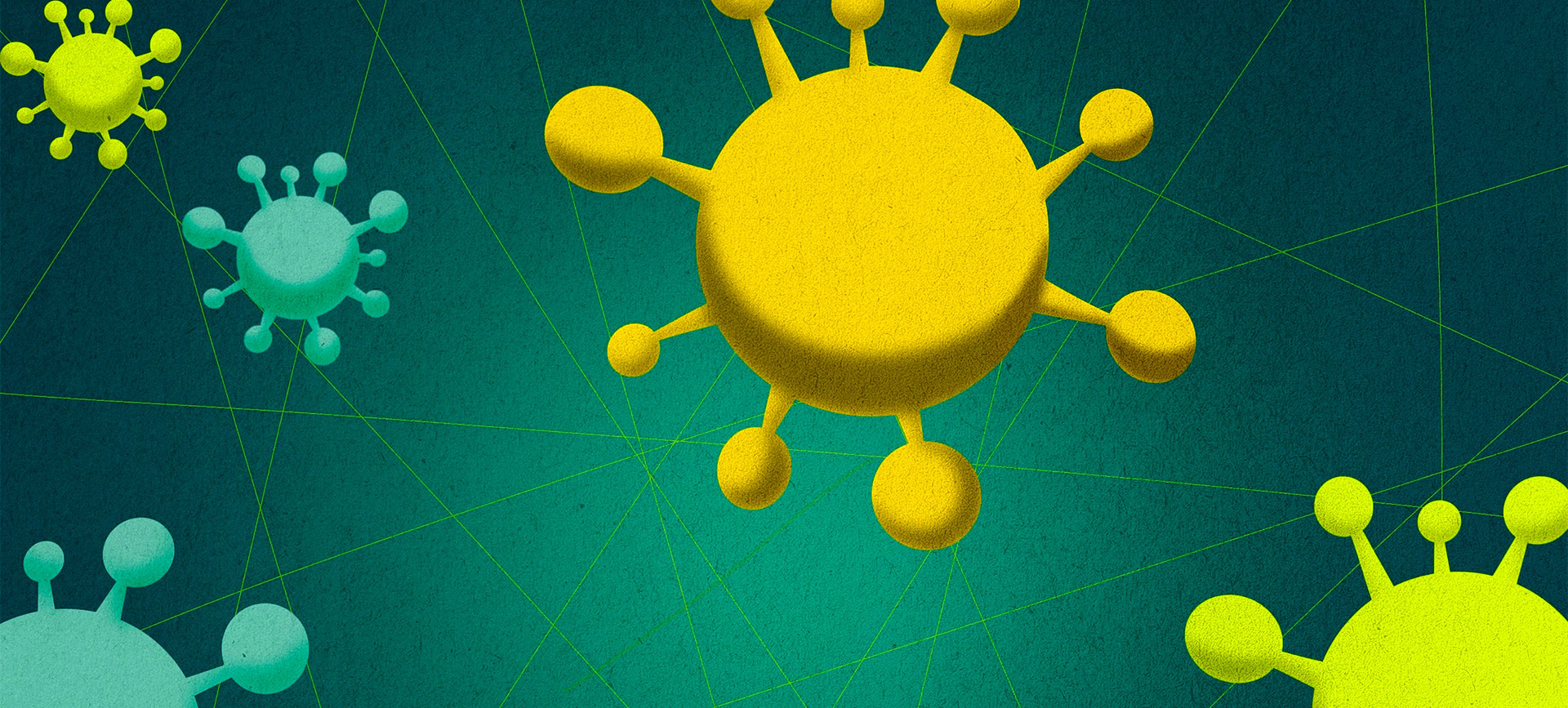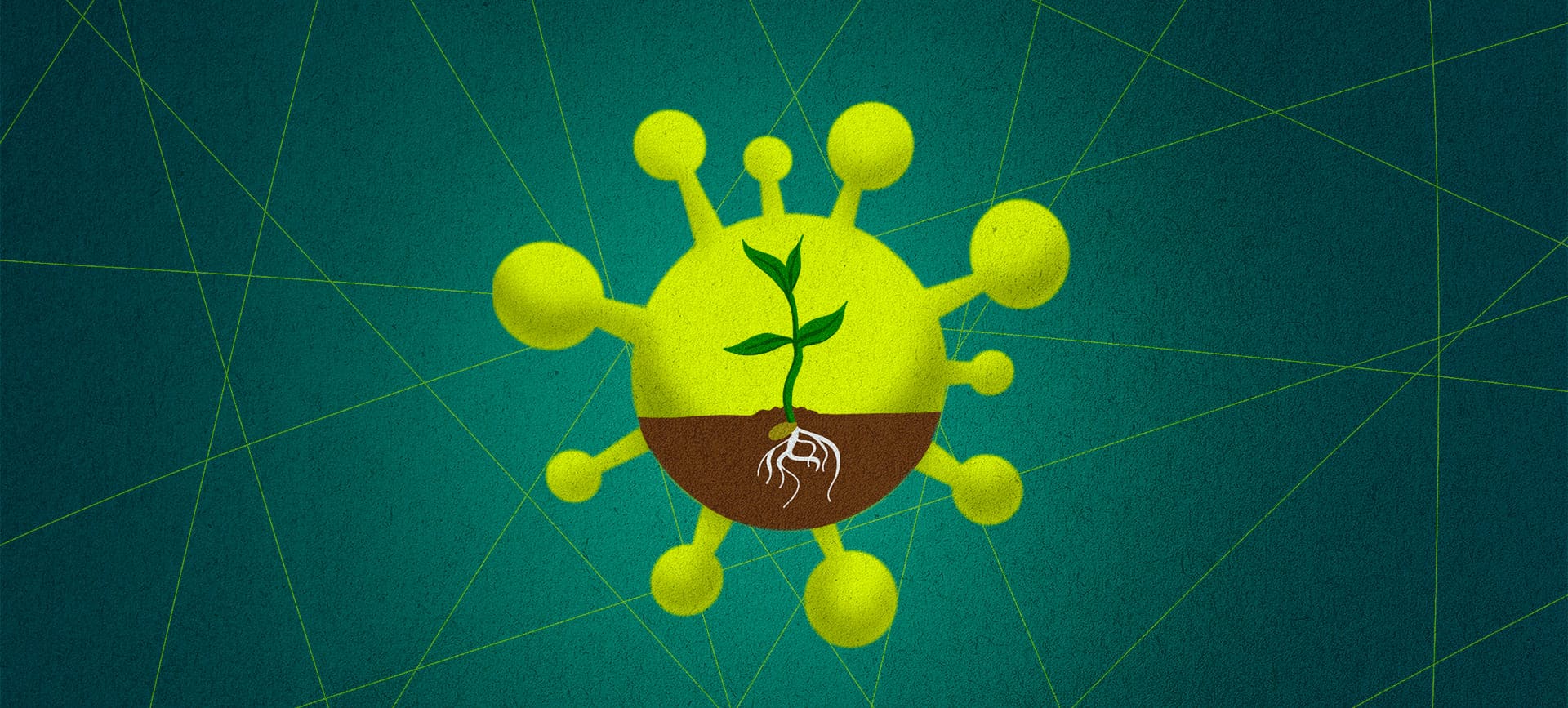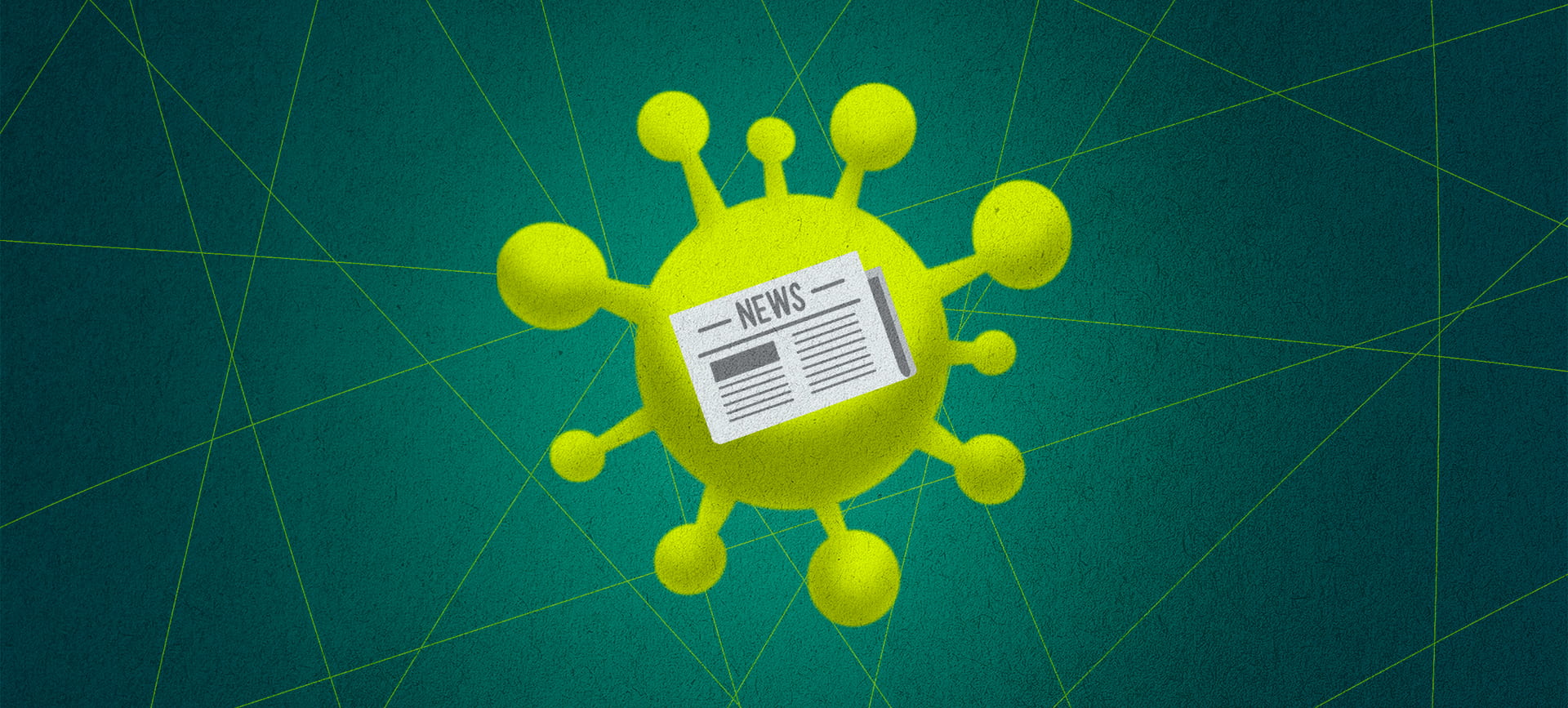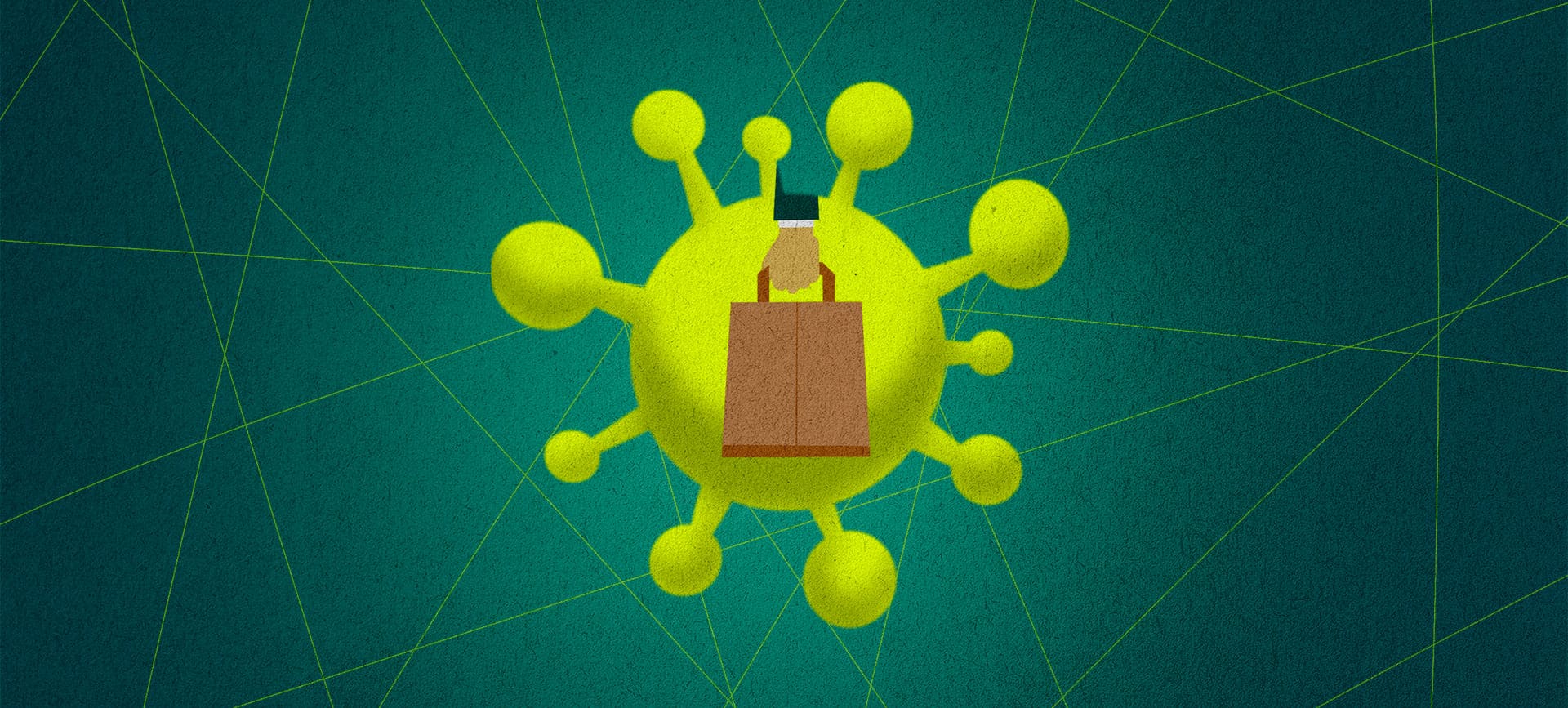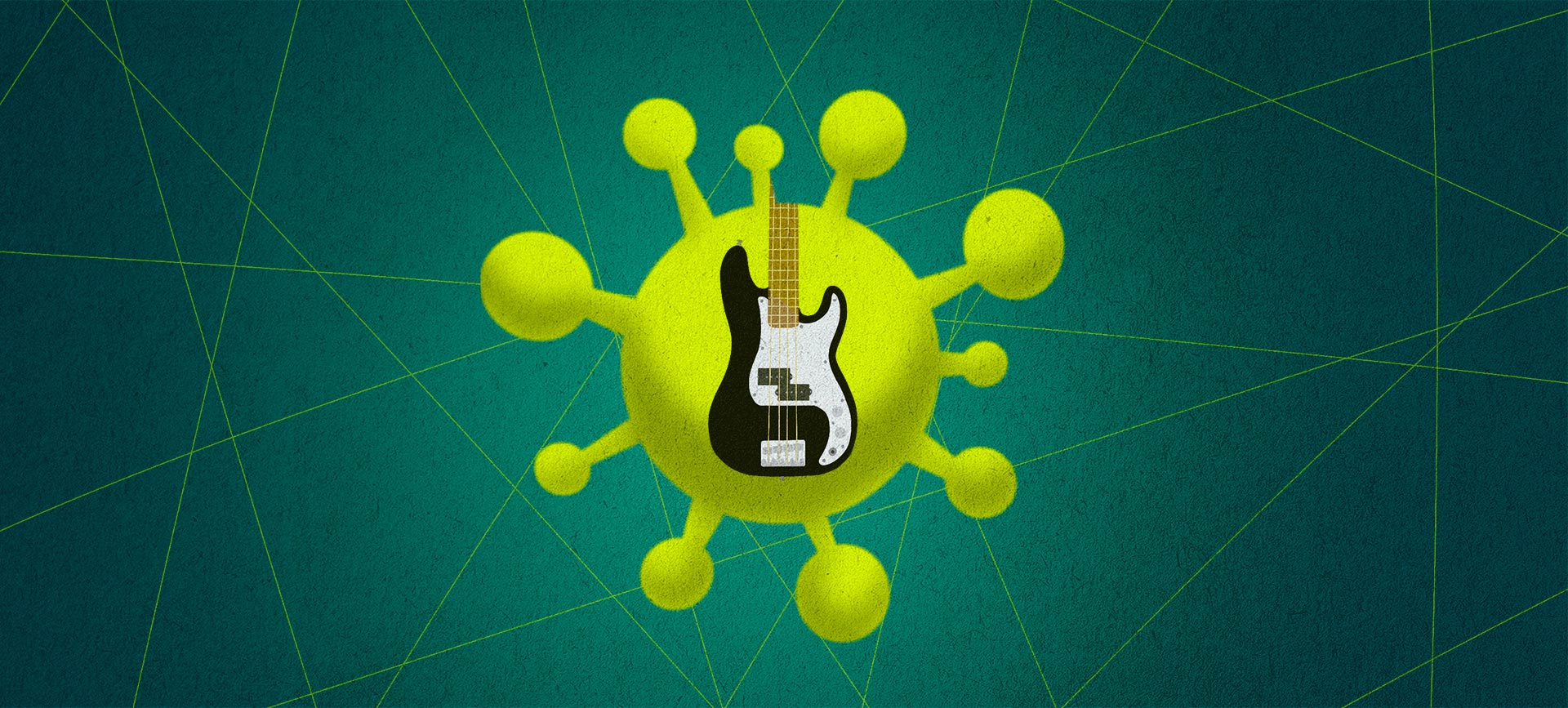
If the male reproductive organs were a band, the prostate gland is the bass player: steady, reliable and integral to creating the backbone of songs—yet underappreciated.
Truth be told, nobody thinks about them much.
However, if the prostate is out of tune, you notice right away. This bass player keeps the beat and drives the van.
The prostate is a walnut-sized muscular gland responsible for making prostatic fluid, which mixes with sperm when a man ejaculates. It's also in charge of creating the pulses felt during climax. That's when the prostate's smooth muscle fibers contract and force seminal fluid through ducts into the urethra to mix with sperm and exit the penis.
Due to its location, just below the bladder and surrounding the urethra, when the prostate gland is unhealthy, it often presents with symptoms linked to urination and ejaculation.









